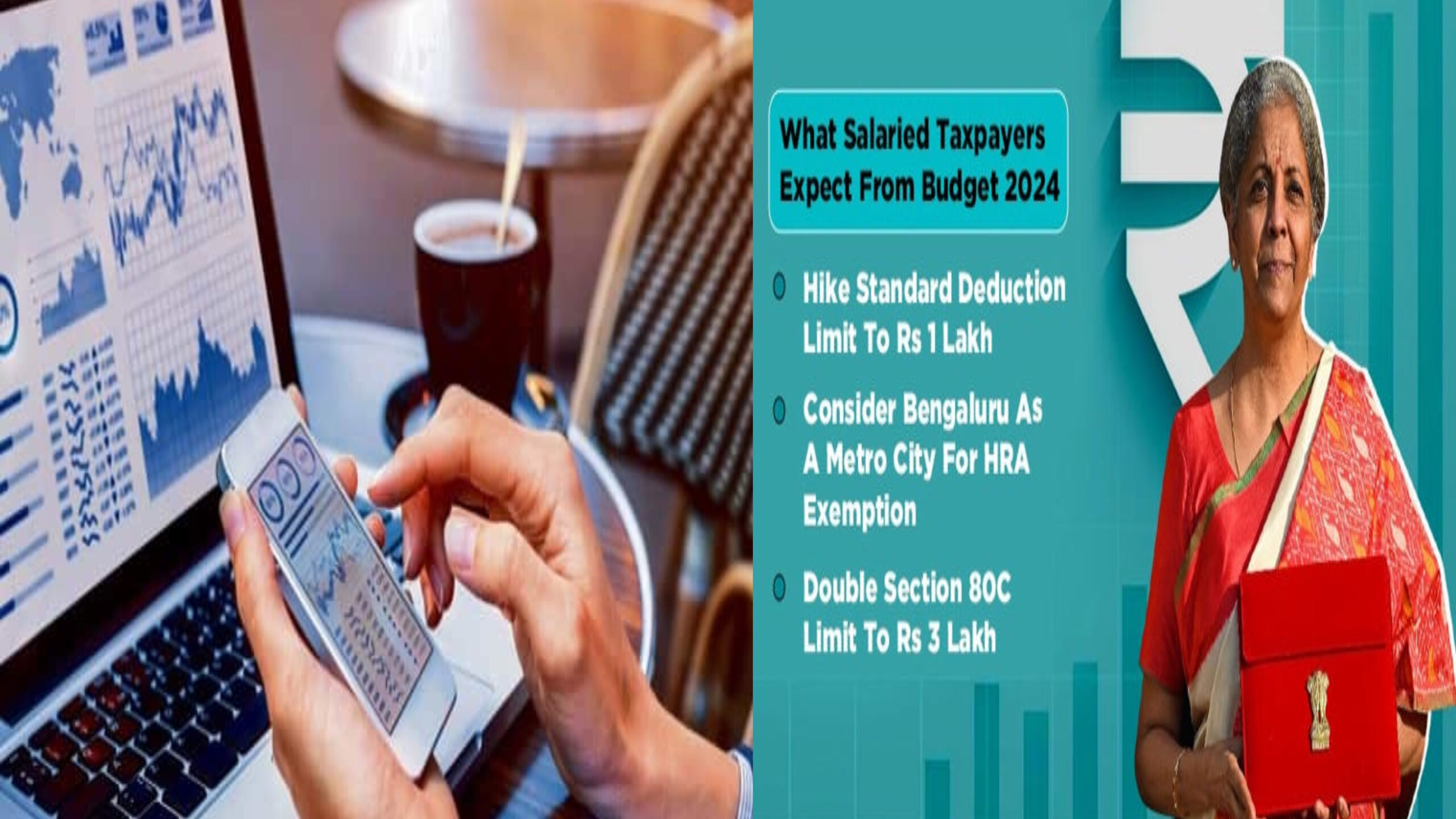The upcoming interim budget in India has generated a wave of expectations among salaried taxpayers. Scheduled for presentation by Finance Minister Nirmala Sitharaman on February 1, the interim budget is anticipated to address various fiscal concerns. While the full Union Budget is slated for July after the Lok Sabha Elections, taxpayers are eagerly awaiting potential changes that could impact their financial landscape.
One key expectation centers around the standard deduction limit, a widely utilized tax deduction. Salaried taxpayers are expressing a desire for an increase in the standard deduction cap from the current Rs 50,000 to a more substantial Rs 1 lakh. This demand has gained traction, particularly since the inclusion of the standard deduction in the new income tax regime last year. Notably, the standard deduction has remained unchanged since 2019, prompting taxpayers to hope for a revision.
Another significant aspect involves the health insurance premium limit under Section 80D. Taxpayers are advocating for an increase in the deduction limit for medical insurance premiums, pushing for a rise from ₹25,000 to ₹50,000 for individuals and ₹50,000 to ₹75,000 for senior citizens. This adjustment aims to align the deduction limits with the escalating costs of healthcare, ensuring taxpayers can adequately address their medical needs.
Furthermore, there’s a call for the introduction of tax benefits on insurance premiums for cars, homes, and personal accidents. While existing sections provide tax savings for life and health insurance premiums, there’s a gap for coverage related to personal accidents, homes, or travel insurance. By incorporating tax benefits for these premiums, taxpayers would be incentivized to safeguard their assets comprehensively, fostering financial security in the face of unforeseen events.
Bengaluru’s tax classification is also under scrutiny. Despite being constitutionally recognized as a metro city, Bengaluru is categorized as a non-metro for income tax purposes. This results in residents being limited to a 40% deduction of their House Rent Allowance (HRA) compared to the 50% deduction available in other metro cities. Taxpayers are hopeful that the Finance Minister will rectify this discrepancy by designating Bengaluru as a metro city for tax purposes.
Bank fixed deposits (FDs) are a popular investment choice, particularly for those favoring traditional savings accounts. There’s a proposition to make FDs of up to Rs 5 lakh tax-free, aligning them competitively with small savings plans and insurance products. Currently, FD investors face tax liability beyond the TDS deductions made by banks, with the entire interest income being added to their annual income and taxed according to their income tax slab.
Addressing the crowded Section 80C, which includes deductions for life insurance premiums, NSC, PPF, ELSS, and home loan principal, taxpayers are urging an increase in the deduction limit. With the current threshold at Rs 1.5 lakh, there’s a call to raise it to Rs 2.5 lakh or even Rs 3 lakh. This adjustment could stimulate investments and insurance purchases while providing additional breathing room for other tax deductions.
Finally, there’s a plea for a separate deduction for home loan repayments. Many home loan borrowers find themselves unable to fully benefit from tax deductions on principal repayments under Section 80C due to overcrowding. Similarly, interest payments are capped at Rs 2 lakh per year under Section 24b. Taxpayers are anticipating the introduction of a dedicated section for home loan repayments, allowing a maximum deduction of Rs 5 lakh for both principal and interest payments.
As the anticipation builds for the interim budget, salaried taxpayers are hopeful that these expectations will be addressed, providing them with potential financial relief and incentives for responsible financial behavior.

